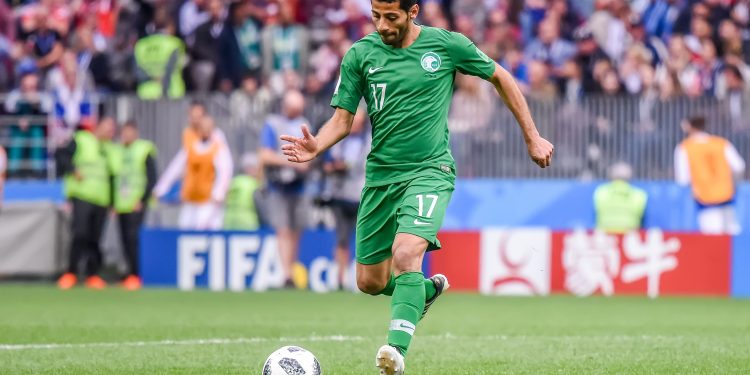In line with its economic diversification ambitions encapsulated in Vision 2030, Saudi Arabia has made a significant stride in the global sports arena by initiating the sale of six professional football clubs. Interested parties, both within the kingdom and internationally, are invited to present their offers by September 19. The teams up for acquisition include top-tier league clubs Al-Okhdood, Al-Orouba, and Al-Kholoud, as well as Al-Zulfi, Al-Nahda, and Al-Ansar, which compete in the lower tiers.
The initiative is a component of the country’s larger scheme to become a dominant force in the world of football. This ambition is bolstered by substantial investments in elite players, infrastructure upgrades, and lucrative media agreements. Remarkably, the Saudi Pro League has observed a staggering 650% surge in revenue at the onset of the 2023/24 season, an indication of increasing local and global interest. Further broadening its international impact, the league has secured broadcasting rights with 38 different networks across numerous countries.
Previously, in a strategic maneuver, the Saudi government transferred a 75% stake in four premier league teams—Al-Ittihad, Al-Ahli, Al-Hilal, and Al-Nassr—to the Public Investment Fund (PIF). This transition not only solidified the fiscal foundations of the nation’s football scene but also positioned these teams at the forefront of Saudi Arabia’s aspirations to host prominent global sports events, such as the 2027 Asian Cup and possibly the 2030 FIFA World Cup. The kingdom has also put forth its candidacy to host the 2034 World Cup, revealing plans to construct 11 new stadiums, underscoring its unwavering commitment to sports infrastructure development and international prominence.
There is speculation that investors from the Gulf region may lead the bidding for these clubs, although Saudi Arabia is actively seeking foreign direct investment from wider geographical origins. The investments in football are part of a broader strategy to shift the economy’s dependency away from oil, with the sports sector anticipated to contribute as much as 10% to the GDP by 2030.


